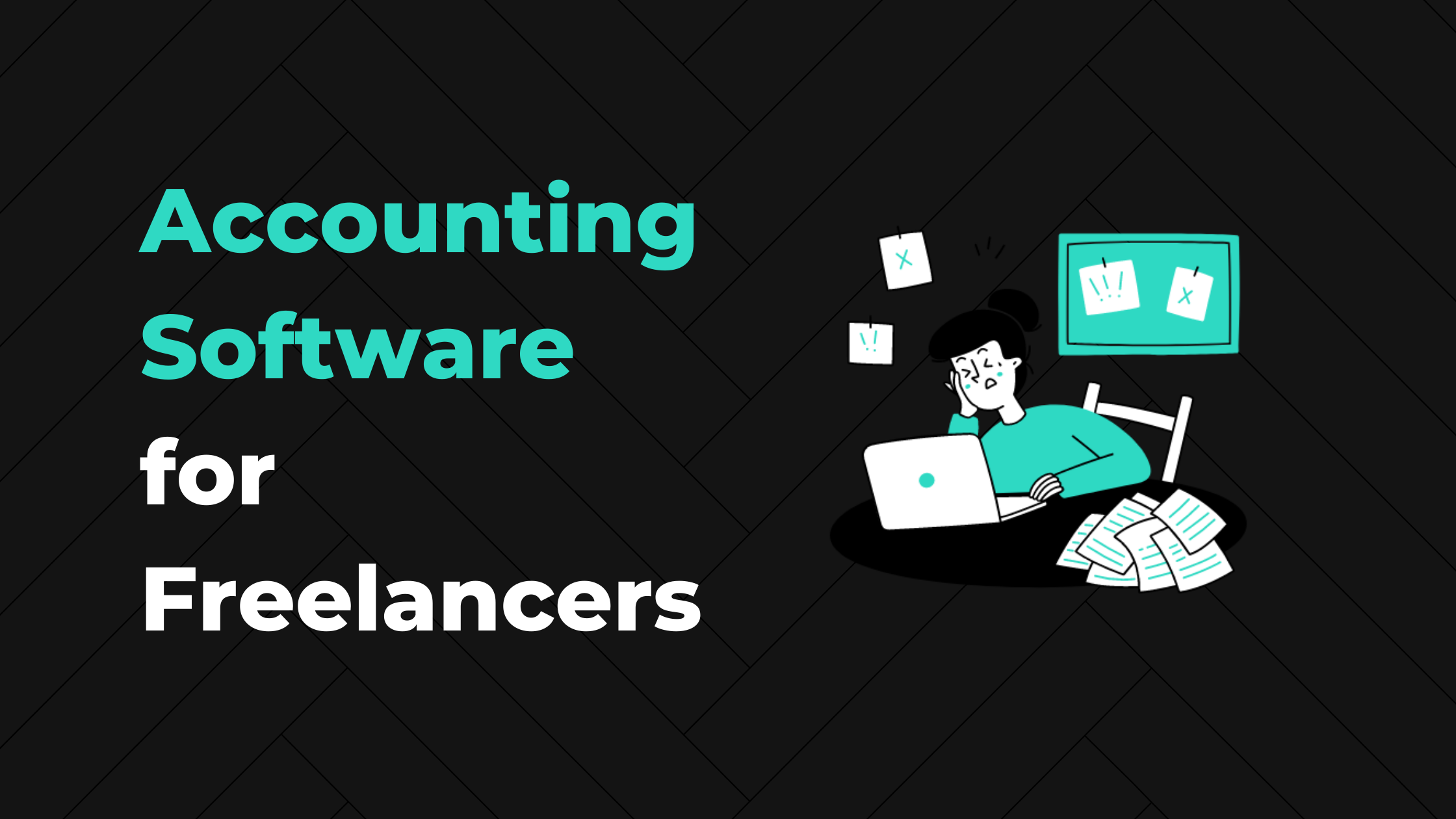As a freelancer, managing your finances can be a daunting task. With multiple clients, projects, and invoices to keep track of, it’s easy to get overwhelmed. However, with the right accounting software, you can streamline your financial management, save time, and focus on what matters most – growing your business. In this article, we’ll explore the best accounting software for freelancers, their features, and benefits.

Why Do Freelancers Need Accounting Software?
Freelancers face unique financial challenges that require specialized accounting solutions. Unlike traditional employees, freelancers are responsible for their own taxes, invoices, and expenses. They need to track their income, expenses, and time spent on projects to ensure accurate invoicing and tax compliance. Accounting software designed for freelancers can help with:
- Invoicing and Payment Tracking: Create professional invoices, track payments, and send reminders to clients.
- Expense Tracking: Record and categorize business expenses, including receipts and mileage.
- Time Tracking: Log hours worked on projects to ensure accurate invoicing and payroll.
- Tax Preparation: Generate tax reports, estimate taxes, and prepare for tax season.
- Financial Reporting: Get insights into your business’s financial performance, including income statements and balance sheets.
Top Accounting Software for Freelancers
- QuickBooks: A popular accounting software that offers a range of features, including invoicing, expense tracking, and time tracking.
- Xero: A cloud-based accounting software that provides real-time financial insights, invoicing, and expense tracking.
- FreshBooks: A user-friendly accounting software designed specifically for freelancers, with features like invoicing, time tracking, and expense tracking.
- Wave: A free accounting software that offers invoicing, expense tracking, and payment processing.
- Zoho Books: A comprehensive accounting software that includes features like invoicing, inventory management, and project management.
Features to Look for in Accounting Software
When choosing accounting software, consider the following features:
- User Interface: Look for software with an intuitive and user-friendly interface.
- Invoicing and Payment Processing: Ensure the software allows for customizable invoices and secure payment processing.
- Expense Tracking: Opt for software that allows for easy expense tracking, including receipt scanning and categorization.
- Time Tracking: Choose software that allows for accurate time tracking, including integration with project management tools.
- Tax Preparation: Consider software that provides tax preparation tools, including tax estimates and reporting.
- Integration: Look for software that integrates with other tools, such as project management software, payment gateways, and e-commerce platforms.
- Security: Ensure the software provides robust security measures, including data encryption and two-factor authentication.
Benefits of Using Accounting Software
Using accounting software can bring numerous benefits to freelancers, including:
- Increased Efficiency: Automate financial tasks, such as invoicing and expense tracking, to save time.
- Improved Accuracy: Reduce errors and ensure accurate financial records.
- Enhanced Organization: Keep all financial documents and records in one place.
- Better Financial Insights: Get real-time financial insights to make informed business decisions.
- Tax Compliance: Ensure accurate tax reporting and preparation.
- Professionalism: Create professional invoices and financial reports to impress clients.
- Scalability: Easily scale your business with accounting software that grows with you.
FAQ
- What is the best accounting software for freelancers?
The best accounting software for freelancers depends on individual needs and preferences. Popular options include QuickBooks, Xero, FreshBooks, Wave, and Zoho Books. - Is accounting software expensive?
Accounting software prices vary, but many options offer affordable plans, including free versions and tiered pricing. - Do I need to be an accountant to use accounting software?
No, accounting software is designed to be user-friendly, and many options provide guidance and support for non-accountants. - Can I use accounting software on my mobile device?
Yes, many accounting software options have mobile apps, allowing you to access your financial data on-the-go. - Is my data secure with accounting software?
Reputable accounting software providers prioritize data security, using measures like encryption, two-factor authentication, and secure servers.
Conclusion
As a freelancer, managing your finances is crucial to the success of your business. Accounting software can help you streamline your financial management, save time, and focus on what matters most – growing your business. With so many options available, it’s essential to choose software that meets your unique needs and preferences. Consider features like invoicing, expense tracking, time tracking, tax preparation, and integration with other tools. By selecting the right accounting software, you’ll be able to improve your financial organization, increase efficiency, and make informed business decisions. Take the first step towards financial freedom and explore the best accounting software for freelancers today.
Closure
Thus, we hope this article has provided valuable insights into The Ultimate Guide to Accounting Software for Freelancers. We thank you for taking the time to read this article. See you in our next article!